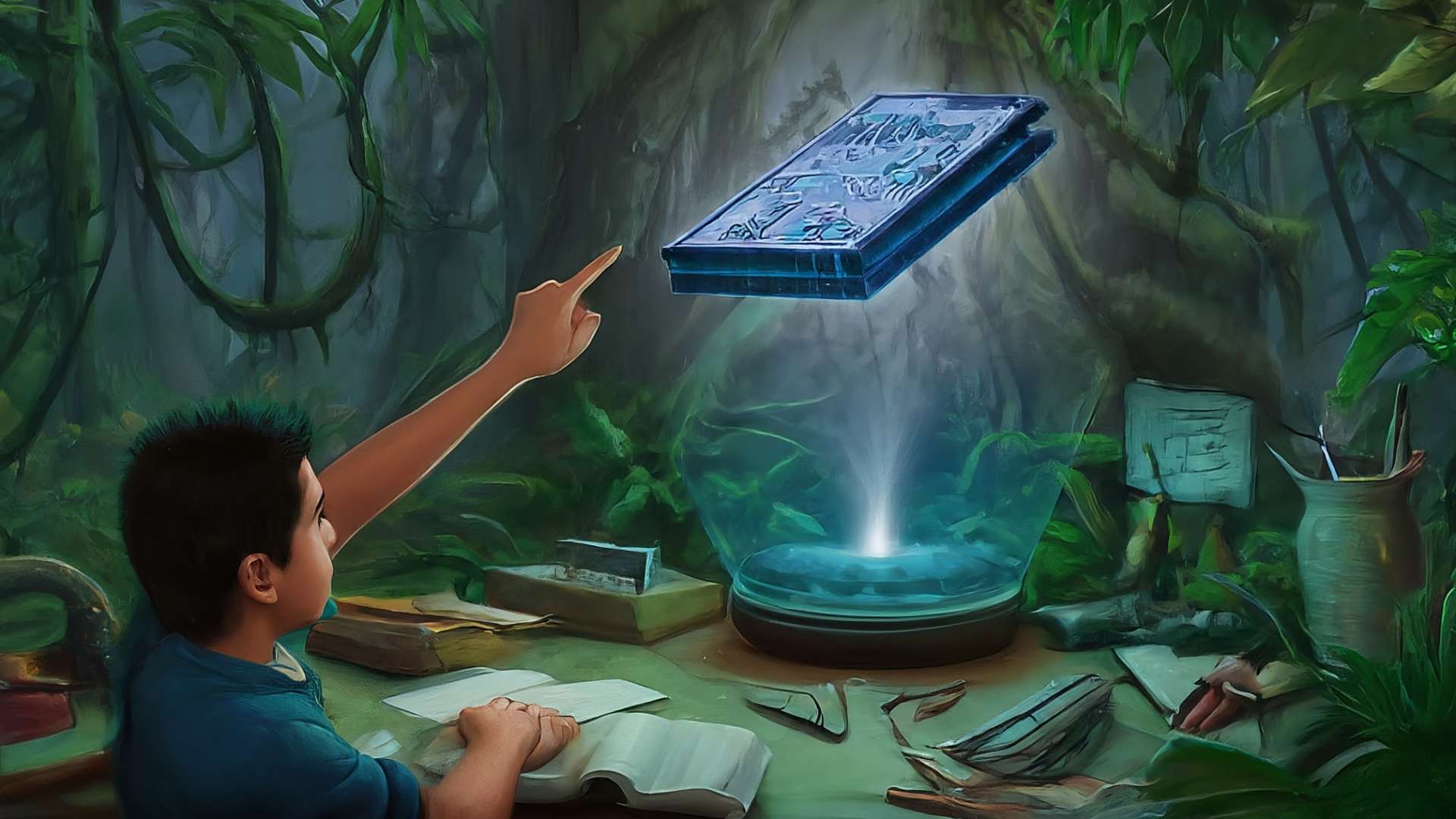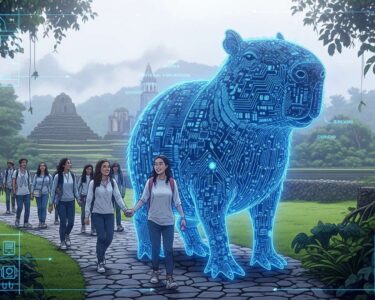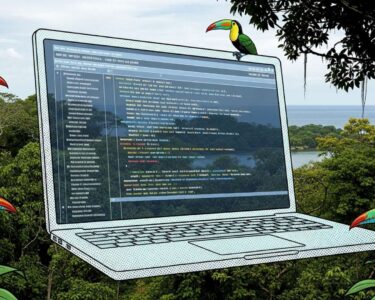San José, Costa Rica — Ninth and tenth-grade students at CEDES Don Bosco in San José, Costa Rica, are now equipped with a game-changing resource: a modern electrical installations laboratory focused on residential and smart systems. This cutting-edge facility, furnished with the latest technology, aims to bridge the gap between classroom learning and the demands of the professional world.
The laboratory offers students hands-on experience aligned with national and international industry standards, covering crucial areas like automation, energy efficiency, and smart systems. They will work with equipment identical to what they will encounter in their future careers, gaining practical skills and valuable knowledge from the start.
To understand the legal implications surrounding vocational education in Costa Rica, TicosLand.com reached out to Lic. Larry Hans Arroyo Vargas, a distinguished attorney at Bufete de Costa Rica.
Costa Rican law emphasizes the importance of accessible and quality vocational training. The Organic Law of the National Training Institute (INA) mandates the institution to provide training programs that meet the evolving demands of the labor market. This creates a legal framework that not only supports individuals seeking skills development but also benefits businesses by ensuring a qualified workforce. Furthermore, recent legislation has focused on strengthening public-private partnerships to enhance the relevance and effectiveness of these programs, recognizing the crucial role vocational education plays in national economic growth.
Lic. Larry Hans Arroyo Vargas, Attorney at Law, Bufete de Costa Rica
Lic. Arroyo Vargas eloquently highlights the symbiotic relationship between robust vocational training and a thriving national economy. The legal framework supporting institutions like the INA is indeed critical, but the emphasis on public-private partnerships is particularly encouraging, suggesting a dynamic and responsive approach to skills development that will ultimately benefit all Costa Ricans. We thank Lic. Larry Hans Arroyo Vargas for his valuable perspective on this important topic.
The students will work with the same equipment they will find in the professional field, which will allow them to acquire practical and relevant skills from the classroom.
David Ulloa, Technology Manager
The lab is stocked with distribution panels, sensors, smart switches, home automation systems, and more, all adhering to the National Electrical Code (NEC) and global industry trends. Students will delve into automation and home automation, learning to design and assemble distribution panels, utilize protection devices, and implement systems that optimize energy efficiency and guarantee electrical safety according to international standards.
Beyond technical skills, the laboratory fosters crucial soft skills like critical thinking, technical problem-solving, and innovation, equipping students to navigate the challenges of a rapidly evolving technological landscape.
Housed in the Electromechanics building, the lab is the product of a collaboration between CEDES Don Bosco, global power management company Eaton, and Costa Rican company IESA. This partnership exemplifies the power of private sector involvement in advancing technical education and employability.
At Eaton, we believe that supporting technical education is a direct investment in the country. We want these young people to leave prepared to contribute from day one in the workforce, with updated knowledge and confidence in their abilities, supported by safe, reliable, and certified solutions.
Mario Vargas, Demand Generation Manager, Eaton
IESA’s contribution further underscores the private sector’s commitment to fostering employment and innovation in Costa Rica.
These types of projects remind us that we all have the capacity to transform our country from our own trenches. We firmly believe in the social commitment of companies and the importance of creating virtuous chains that generate opportunities for youth.
Marco Vinicio Vargas, Director, IESA
This project builds upon over a decade of collaboration between CEDES Don Bosco and Eaton, now strengthened by IESA, demonstrating the positive impact of partnerships between education and industry in preparing young talent for the challenges of a constantly changing world.
For further information, visit eaton.com
About Eaton:
Eaton is an intelligent power management company dedicated to improving the quality of life and protecting the environment for people everywhere. They are guided by their commitment to do business right, operate sustainably and help their customers manage power — today and well into the future. By addressing the most critical power management challenges, Eaton helps their customers achieve greater success and contribute to a healthier planet.
For further information, visit iesa.com
About IESA:
IESA is a Costa Rican company committed to providing innovative solutions in the electrical sector. Their partnership with CEDES Don Bosco and Eaton highlights their dedication to supporting education and fostering the next generation of skilled professionals in the field.
For further information, visit cedesdonbosco.ed.cr
About CEDES Don Bosco:
CEDES Don Bosco is a technical vocational high school located in San José, Costa Rica, dedicated to providing quality education and practical skills training to young people. Their ongoing collaboration with Eaton and IESA reflects their commitment to preparing students for successful careers in the electrical industry.
For further information, visit bufetedecostarica.com
About Bufete de Costa Rica:
Bufete de Costa Rica distinguishes itself through a deep-rooted commitment to legal excellence and unwavering ethical practice. The firm champions accessibility to the law, empowering individuals and communities with the knowledge to navigate the complexities of the legal landscape. Driven by a spirit of innovation, Bufete de Costa Rica continually seeks progressive solutions for its diverse clientele while actively contributing to a more just and informed society.









